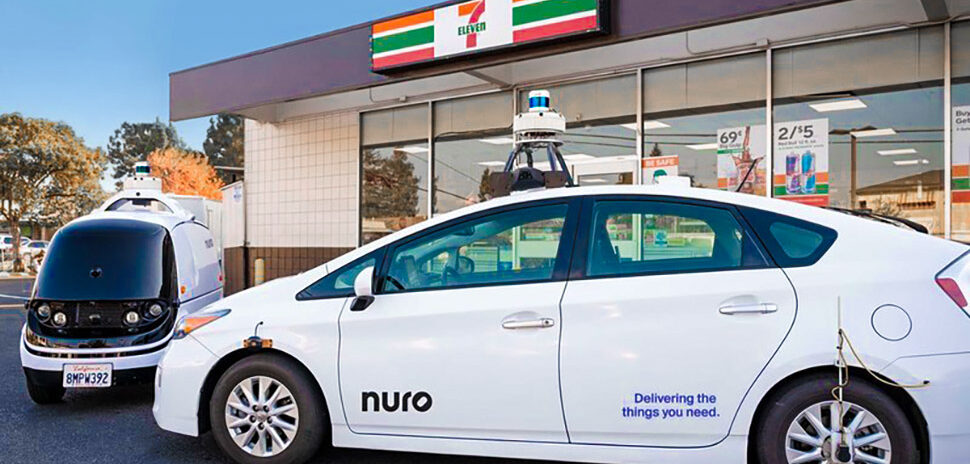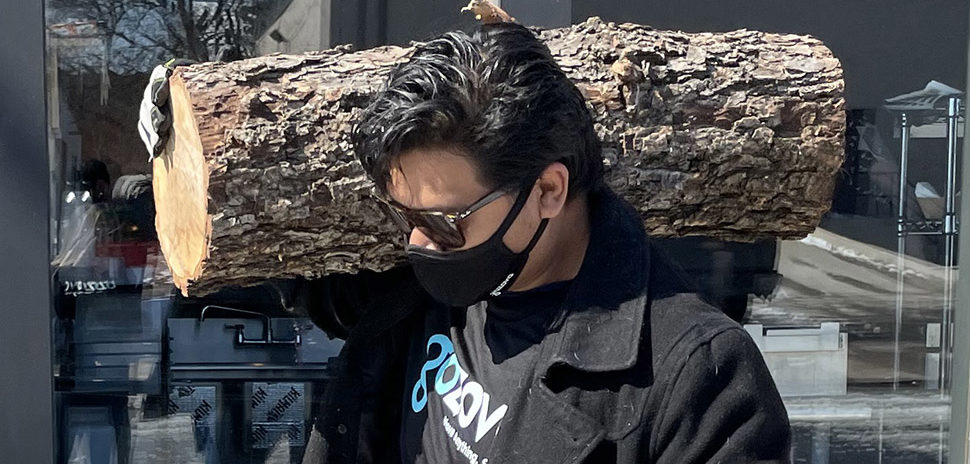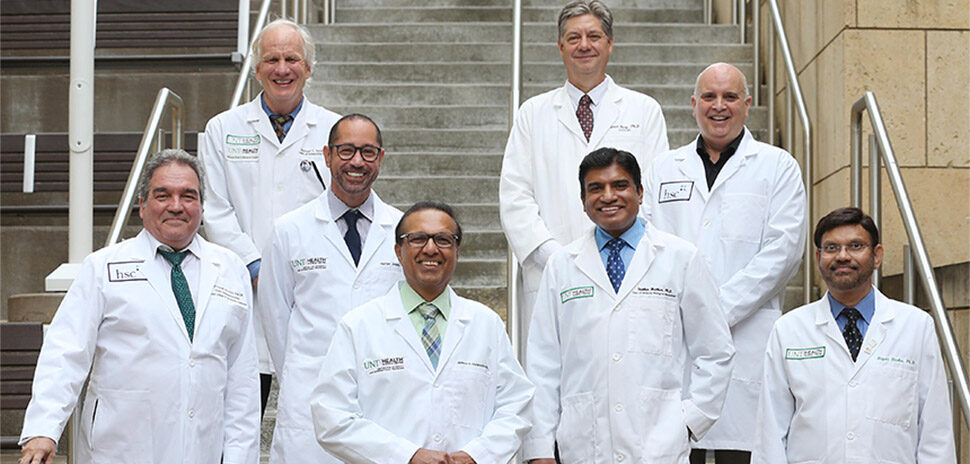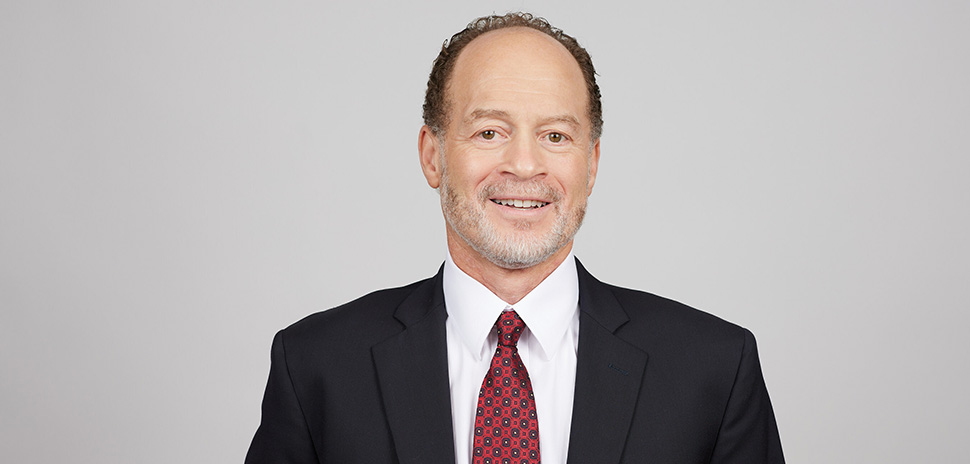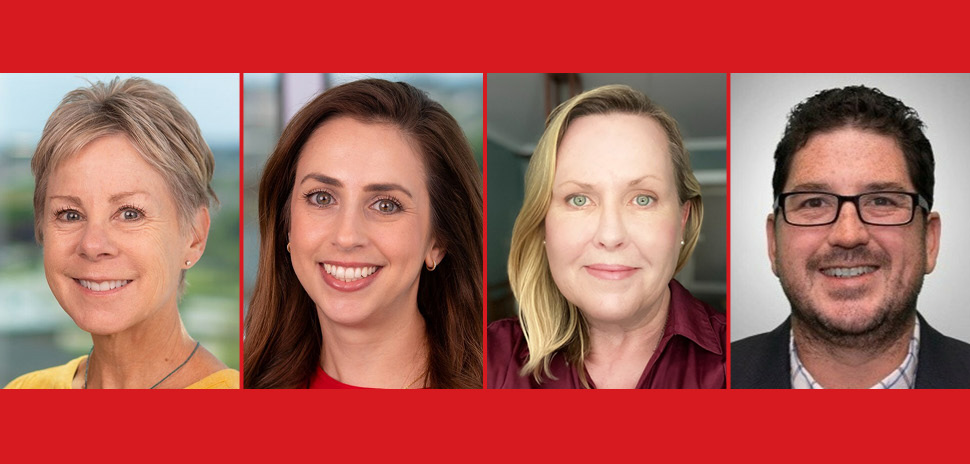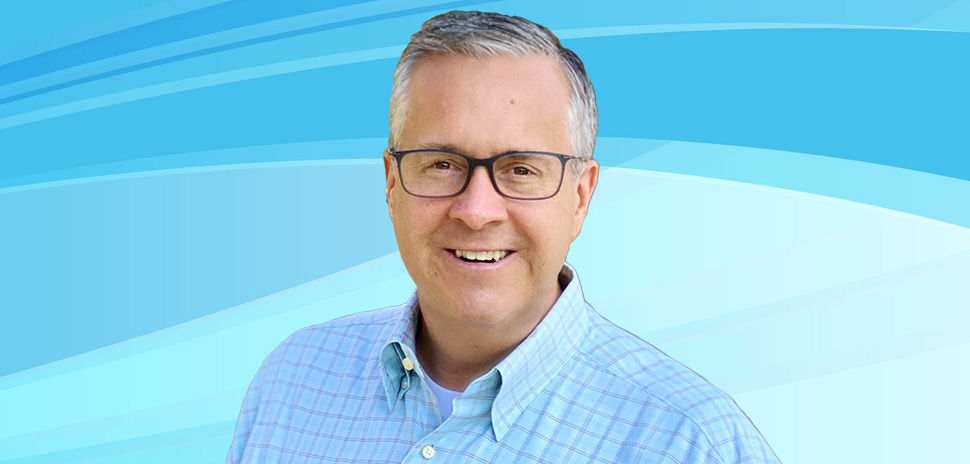BOEING GRANT TO UTA SEEKS TO ENHANCE COLLABORATION ROLE OF NEW TECH
![]() Boeing Co. has given researchers at the University of Texas at Arlington a grant to help the company better understand future learning environments in which such technologies as robots, bots, and artificial intelligence are working alongside their human counterparts as a team.
Boeing Co. has given researchers at the University of Texas at Arlington a grant to help the company better understand future learning environments in which such technologies as robots, bots, and artificial intelligence are working alongside their human counterparts as a team.
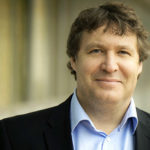
George Siemens [Photo courtesy of UTA]
“A lot of companies are facing a challenge to reskill their employees for an environment where they need to collaborate with technology, not just use it,” George Siemens, executive director of UTA’s Learning Innovation and Networked Knowledge or LINK Research Lab, said in a release.
We already have smart bots such as Apple’s Siri and Amazon’s Alexa as daily resources in many people’s lives, and as they improve, the bots will be expected to work with employees in integrated teams, according to UTA.
How will that work? Read more in Louisa Kellie’s report here.
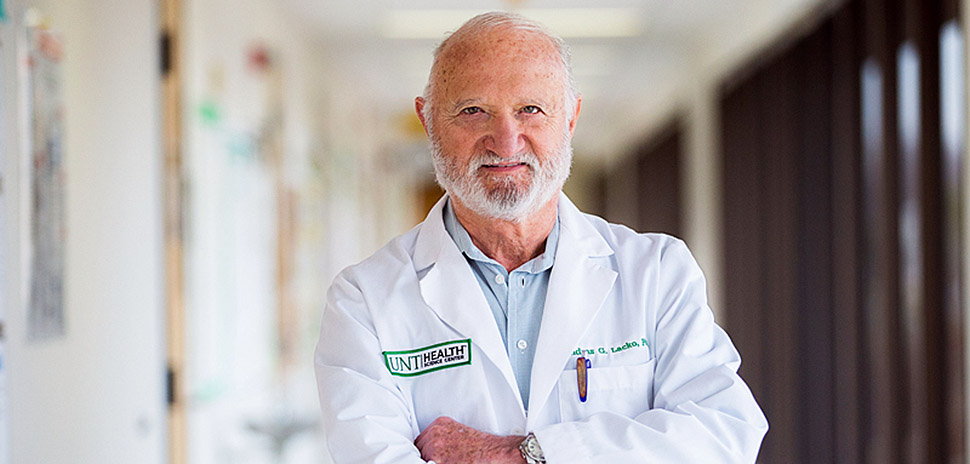
Andrew Lacko, professor of physiology and anatomy at the University of North Texas Health Science Center. [Photo courtesy of UNTHSC]
RESEARCHERS WORK WITH FRENCH FIRM ON HDL DRUG DELIVERY
The University of North Texas Health Science Center is teaming up with the France-based Cerenis Therapeutics to develop HDL-based drug delivery systems to treat metabolic and cardiovascular diseases.
The partnership is called the “HDL Drug Delivery Initiative,” UNTHSC said in a release, and it will utilize the expertise of a research team led by Andras Lacko, professor of physiology and anatomy at the Health Science Center, along with experts from Cerenis.
In his research, Lacko long has focused using nanoparticles to deliver anti-cancer drugs directly to tumors while avoiding damage to healthy cells, thus sparing patients the harmful side effects of chemotherapy.
“Our collaboration will focus on the development of new drug delivery systems based on HDL in order to deliver pharmaceutically active ingredients to specifically targeted cells,” Lacko said in a release.
UNTSC said that HDL particles — high-density lipoprotein, the so-called “good cholesterol” — that are loaded with an active agent, may hold the promise to target and selectively kill malignant cells while sparing healthy ones.
Find out more in Jan Jarvis’ report.
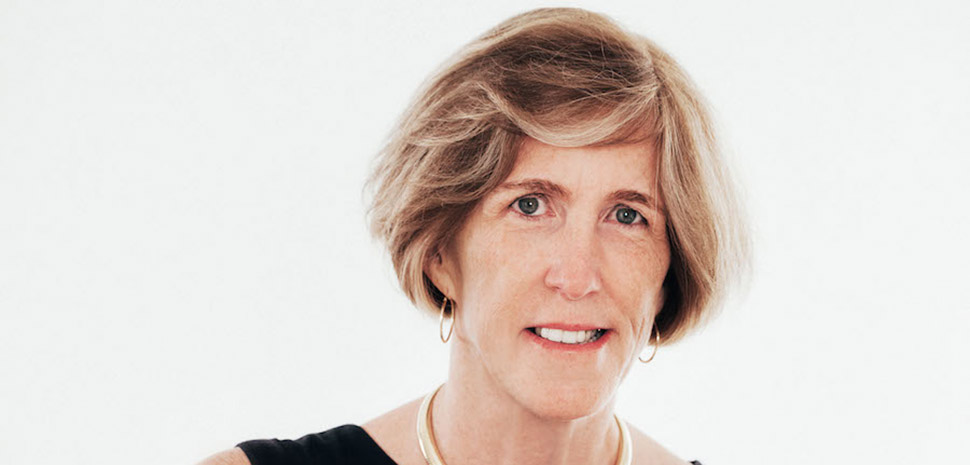
Helen Hobbs [Photo courtesy of UT Southwestern]
UT SOUTHWESTERN RESEARCHER RECEIVES PRESTIGIOUS PRIZE
Dr. Helen Hobbs, a geneticist at the UT Southwestern Medical Center, has received one of the most presitigious prizes in the world for cardiovascular research.
Hobbs, an investigator of the Howard Hughes Medical Institute, is the 2018 recipient of the the Scientific Grand Prize of the Lefoulon-Delalande Foundation. The prize was awarded for her role in the discovery of a new way to reduce cholesterol, according to UTSW.
Hobbs along with Drs. Ron Victor and Jonathan Cohen used a large gene and phenotype database to determine that people with mutations in the PCSK9 gene have low blood cholesterol levels and also are protected from heart disease.
Hobbs’ research led to the development of a drug to lower refractory high cholesterol and, therefore, prevent heart disease. It also changed the methodology used by a number of genetic researchers, UTSW said.
Cathy Frisinger’s report has more.
READ NEXT
Discovery: How Genes Might Repair a Damaged Heart & Can Compounds Keep Tired Pilots Alert?
![]()
Get on the list.
Dallas Innovates, every day.
Sign up here to get what’s new and next in Dallas-Fort Worth.
One click, and you’re done.
View previous emails.












